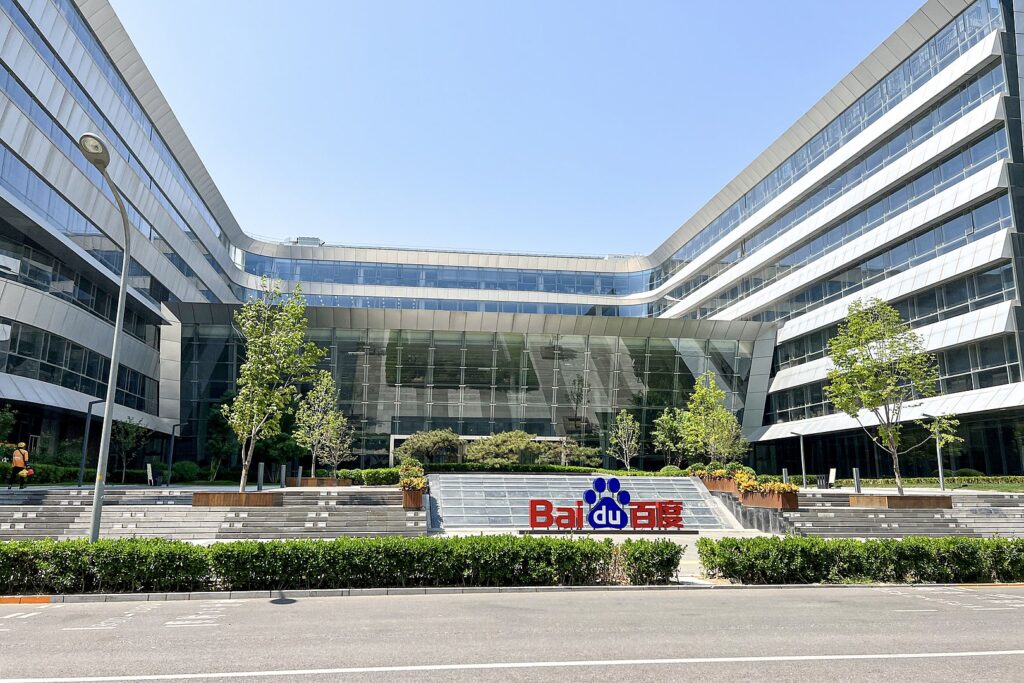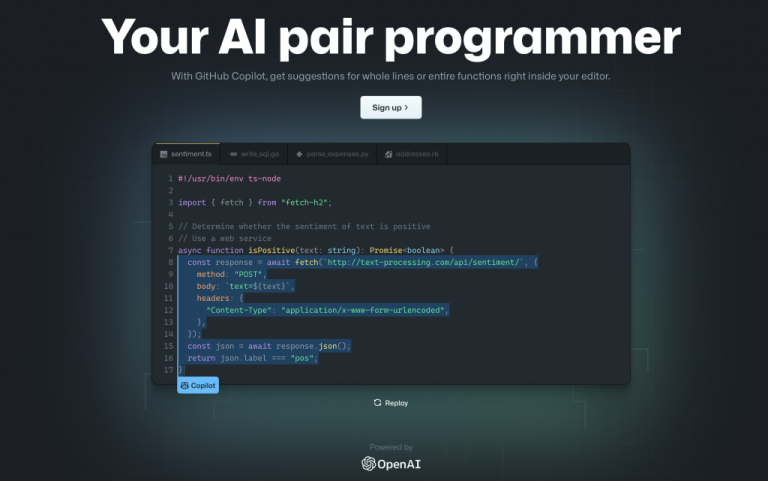Baidu Unveils Next-Gen ChatGPT Competitor Set to Revolutionize AI Communication
Baidu to Introduce a Strong Competitor to ChatGPT
Chinese tech giant Baidu is set to launch a formidable rival to ChatGPT in March. Often referred to as the “Google of China,” Baidu provides a range of services similar to those offered by Google, such as search, maps, email, advertisements, and cloud storage. Like its competitor, Baidu places a significant emphasis on artificial intelligence and machine learning development.
Recently, AI News reported that Google is adjusting its AI review procedures to accelerate the deployment of new features. One of the initial releases under this revised process will be its own ChatGPT competitor, which is expected to be unveiled at May’s I/O developer conference. However, Baidu appears poised to announce its AI chatbot ahead of Google.
According to Bloomberg, Baidu will unveil its AI-driven chatbot in March, integrating it directly into their search functionality. This upcoming tool will be powered by ‘ERNIE’ (Enhanced Representation through kNowledge Integration), an advanced AI model boasting 10 billion parameters.
Research indicates that deep-learning models trained solely on text data, such as OpenAI’s GPT-3 or Google’s T5, perform admirably across various tasks but may encounter challenges with certain natural language understanding (NLU) assignments when the necessary information isn’t included in the text itself. The first version of ERNIE was launched in 2019 by Tsinghua University researchers, showcasing a model that merges text and knowledge graph input to enhance NLU capabilities.
Later that year, Baidu introduced ERNIE 2.0, which achieved a score above 90 on the GLUE benchmark, a widely acknowledged metric for evaluating NLU systems. In 2021, Baidu’s team shared research on ERNIE 3.0, claiming it surpasses human performance on the SuperGLUE natural language evaluation. ERNIE 3.0 set a new record on SuperGLUE, outperforming similar models from Google and Microsoft.
While attention has largely been directed towards advancements in language models from giants like OpenAI, Google, Facebook, and Microsoft, Baidu is set to draw significant attention in the coming months.
For those interested in learning more about AI and big data, the AI & Big Data Expo will be held across various locations, including Amsterdam, California, and London. Explore additional upcoming enterprise tech events and webinars powered by TechForge.
MedTech AI, Hardware, and Clinical Application Programmes
The AI Execution Gap: Why 80% of Projects Don’t Reach Production
Teachers in England Given the Green-Light to Use AI
AI’s Influence in the Cryptocurrency Industry
Artificial Intelligence Insights
Machine learning plays a crucial role in bolstering the security of cloud-native containers. With the increasing reliance on these technologies, ensuring protection against potential threats has never been more important. Industry experts are continuously exploring methods to enhance the resilience of cloud environments, thereby safeguarding data and operations from malicious attacks.
In the realm of finance and logistics, innovative applications of machine learning are revolutionizing how businesses operate. By streamlining processes and enhancing decision-making capabilities, organizations can achieve greater efficiency and competitiveness. These advancements offer transformative opportunities that can redefine the operational landscape.
In another development, the use of artificial intelligence and automated bots has raised concerns within the music industry, as they are reportedly being employed to artificially inflate streaming numbers. This manipulation calls into question the integrity of music metrics and the broader implications for artists and industry stakeholders.
Additionally, collaborating with outsourced developers presents a range of advantages. Companies can leverage specialized skills and resources that may not be available in-house, leading to accelerated project timelines and innovative solutions.
Big Tech and Reasoning Models
In the rapidly evolving landscape of technology, big tech companies are increasingly focusing on reasoning models. These models are designed to enhance decision-making capabilities in artificial intelligence systems, allowing them to process information more intelligently and effectively.
Reasoning models allow AI systems to not only analyze data but also understand the implications of that data. This leads to improved outcomes in various applications, from advanced analytics to automated decision-making in business operations. As these models continue to develop, they promise to fundamentally change how technology interacts with every industry.
Additionally, the incorporation of reasoning models raises important ethical considerations regarding privacy and data security. As technology becomes more integrated into everyday life, it is crucial for companies to navigate these challenges responsibly while harnessing the power of advanced AI capabilities.
By adopting reasoning models, big tech is not just enhancing their workflows but also shaping the future of artificial intelligence in society.





